
The controversy over the so-called "back advertisement" is heating up as celebrities and famous YouTubers have not properly informed viewers of paid advertisements even after receiving sponsorship or advertising fees.
With criticism mounting against these YouTubers for deceiving consumers, a bill was submitted to the National Assembly for the first time to punish such acts of not clarifying with the viewers for these paid advertisements.
The controversy all started when stylist Han Hye Yeon was revealed to have uploaded a video of a product she was paid to advertise. Stylist Han Hye Yeon gained popularity through her YouTube series called, 'Stuff I bought with the Money I earned' in which she introduced items that she personally bought. Many netizens loved her series because they trusted she gave honest feedback and reviews of the items she used and bought personally.
However, now that it was revealed she had introduced an item that she was paid to advertise without disclosing this information to viewers, many netizens are disappointed and state they cannot trust these review videos.
Since then, stylist Han Hye Yeon had uploaded an apology video and many YouTubers are also becoming involved in this "Back-advertisement" controversy.
Through a survey, it was revealed that seven out of ten postings made by famous people are not marked as paid advertisements even though they are. In response to this, there has been even a petition requesting a stern punishment for "back advertisement," created in the bulletin board of the Blue House. However, it is difficult to punish or hold these individuals responsible under the current law.
Not only there are no exact legal concepts referring to the assessment of advertisement in these videos, but only business owners that commissioned the advertisement can be punished if the relevant law is applied. Therefore, a bill was submitted to the National Assembly to punish YouTubers who upload videos they have been paid to advertise a certain product.
According to the bill, a YouTuber must clearly state that a video is a paid advertisement as they clearly state they have received monetary compensation for making the video. If anyone were to violate this law, they can be fined up to 10 million KRW (~8,431 USD)
However, there are some netizens who state that the punishment is too harsh and the fine is too high.
This is because social media outlets such as YouTube are not subject to broadcasting laws and they are an open space for everyone. Therefore, some netizens wonder if it is appropriate to regulate the usage of PPL when it comes to advertisements.
In addition, some point out that in the case of social media advertisements, legislation needs to be supplemented later to reduce legal disputes as various forms of payment can be exchanged in addition to advertising costs.
The recent controversy over back-door advertising has risen because YouTube videos are based on the trust between the viewers and creators, unlike conventional broadcasting.
 SHARE
SHARE
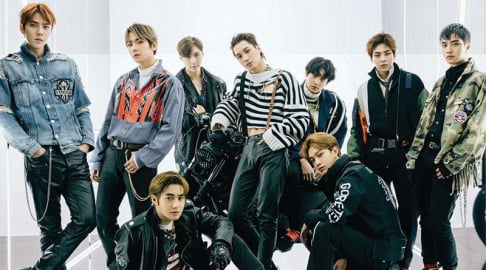
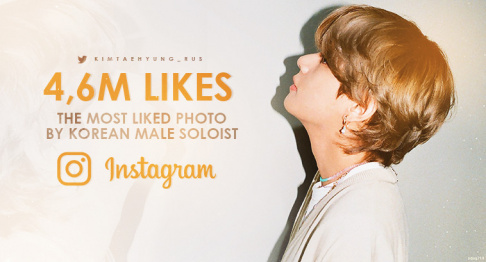








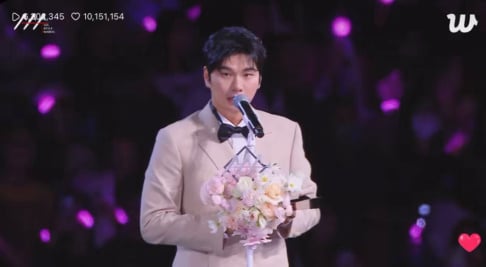





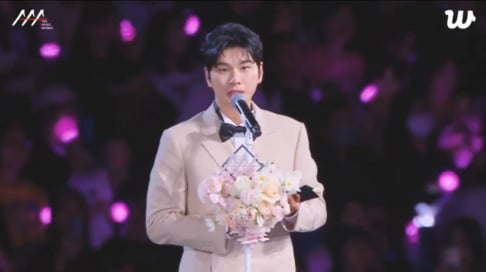

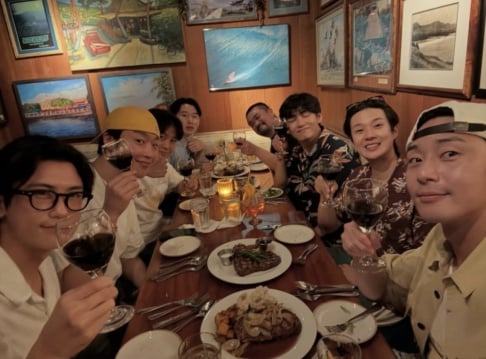



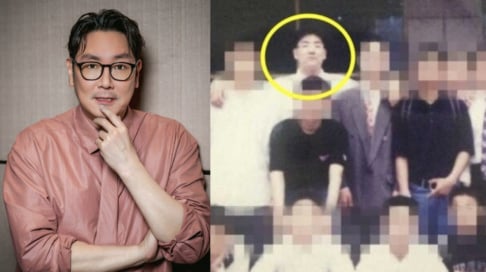





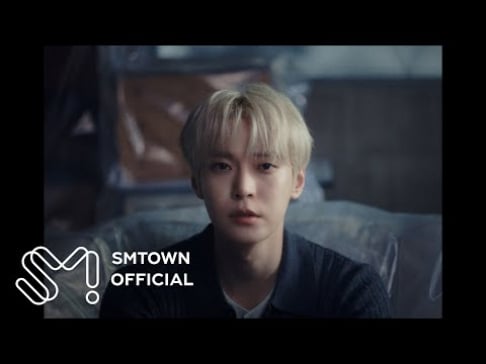
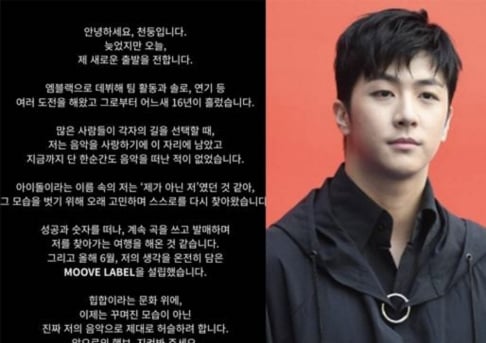








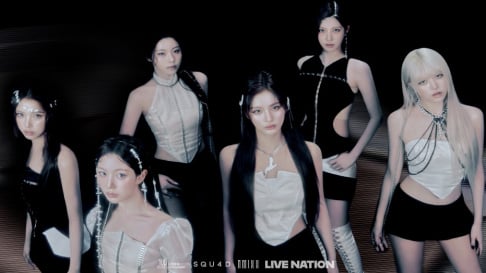
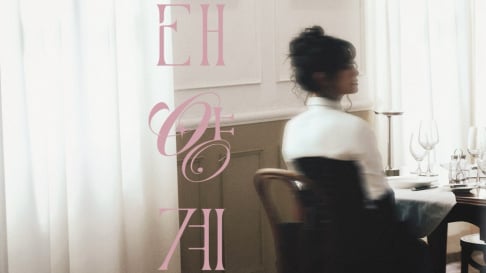







I’m actually surprised it’s not already a thing. I think most places have a similar policy. That’s why a lot of apps have a sponsored tag. It’s a good one though, transparency is always best when it comes to this sort of thing.